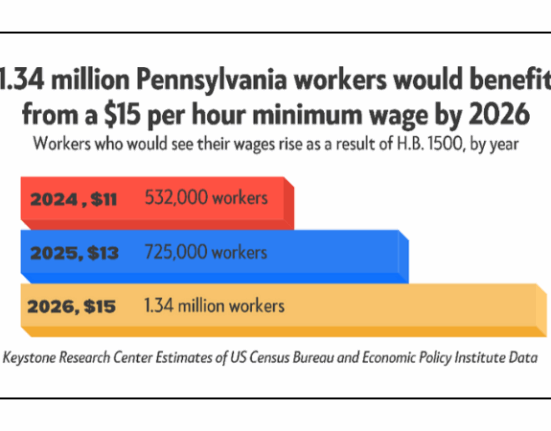Artificial Intelligence (AI) is no longer just a buzzword; it’s rapidly becoming an integral part of our lives. With Google unveiling its revolutionary ‘AI mode,’ the tech giant is ushering in a new era where interactions with technology are more natural and conversational. But as AI continues to advance at breakneck speed, concerns about job security and personal rights are mounting among the public.
In this fast-paced race towards technological dominance, there seems to be a growing divide between global tech corporations advocating for a laissez-faire approach to AI regulation and everyday individuals grappling with the implications on their livelihoods. Jordan Guiao, a prominent figure in responsible technology, sheds light on the pressing need for Australia to navigate these uncharted waters strategically.
“AI has immense potential to transform industries and revolutionize how we interact with information. However, without proper safeguards and ethical considerations, there is a real risk of exacerbating inequalities and eroding privacy rights,”
Guiao warns.
As Google pivots towards an AI-centric model for its search engine, it raises crucial questions about transparency, accountability, and inclusivity in the development and deployment of AI technologies. The shift from keyword-based searches to more intuitive inquiries underscores the evolving nature of human-machine interaction but also underscores the challenges ahead in ensuring fair access and representation within AI-driven recommendations.
Guiao emphasizes that
“Australia must proactively engage in shaping policies that balance innovation with social responsibility. A thoughtful regulatory framework can empower businesses to harness AI’s capabilities while safeguarding against unintended consequences.”
The looming specter of an ‘AI apocalypse’ necessitates proactive measures to mitigate potential risks associated with unchecked technological advancement. From algorithmic biases influencing hiring practices to data privacy breaches compromising user security, there exist multifaceted challenges that demand comprehensive solutions rooted in collaboration between industry stakeholders, policymakers, and civil society.
In this turbulent landscape shaped by rapid technological disruptions, fostering a culture of ethical innovation becomes paramount. By promoting principles such as fairness, transparency, and accountability in AI development processes, Australia can position itself as a global leader in harnessing the benefits of AI while upholding fundamental values of equity and justice.
Guiao stresses that
“the future trajectory of AI hinges not only on technological prowess but also on societal readiness to address its ethical implications proactively.”
As Australia stands at the crossroads of an increasingly digitized future intertwined with artificial intelligence advancements, navigating this complex terrain requires foresight, adaptability, and collective action. By fostering interdisciplinary dialogue and embracing diverse perspectives on AI governance, Australia can steer towards an equitable future where technology serves as a force for good rather than perpetuating existing disparities.
In confronting the challenges posed by the impending wave of AI disruption, Australia has an opportunity to chart a path that prioritizes human well-being alongside technological progress. As Guiao aptly summarizes:
“The true test lies not in taming the power of AI but in leveraging it responsibly for advancing shared societal goals.”









Leave feedback about this